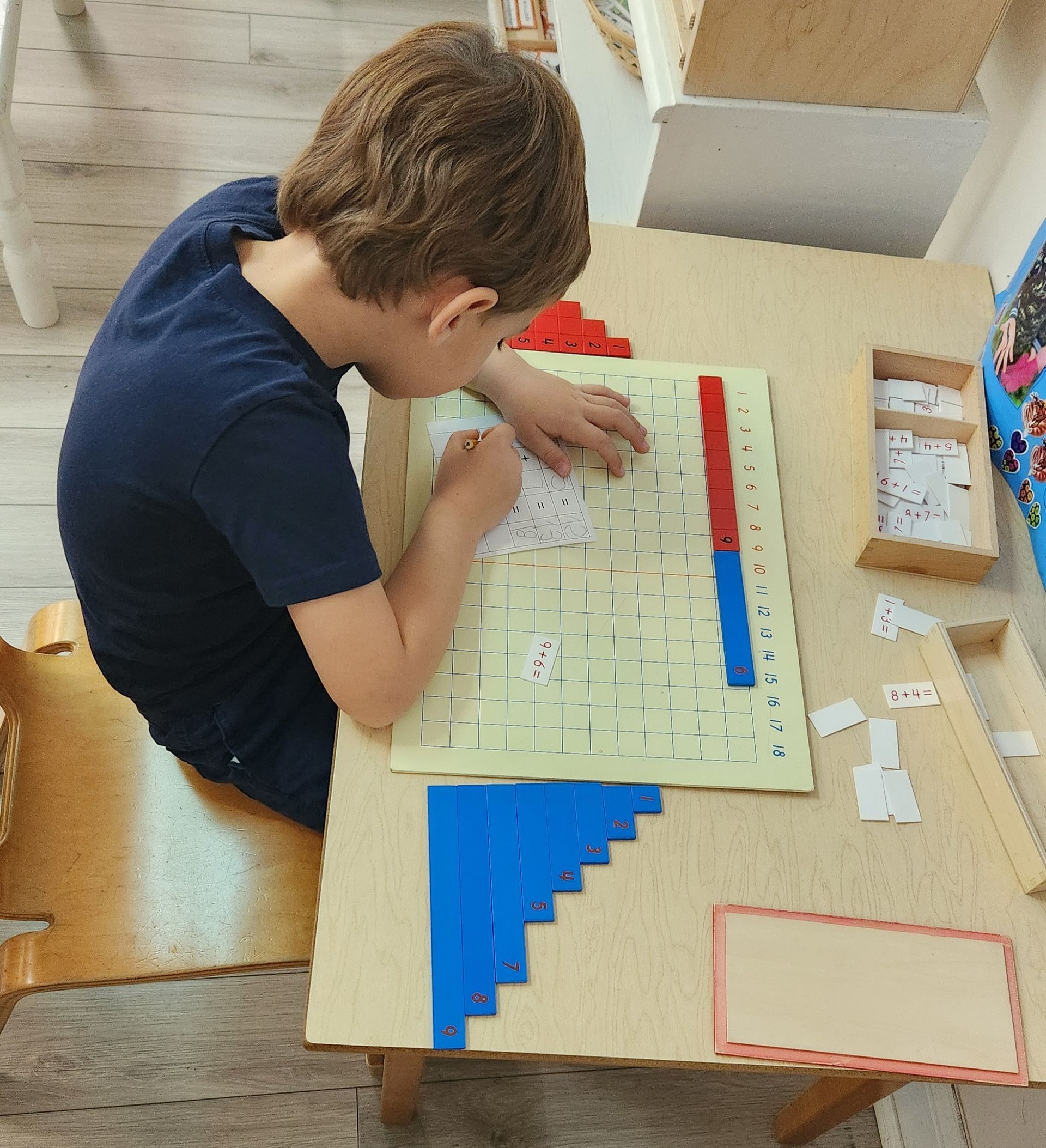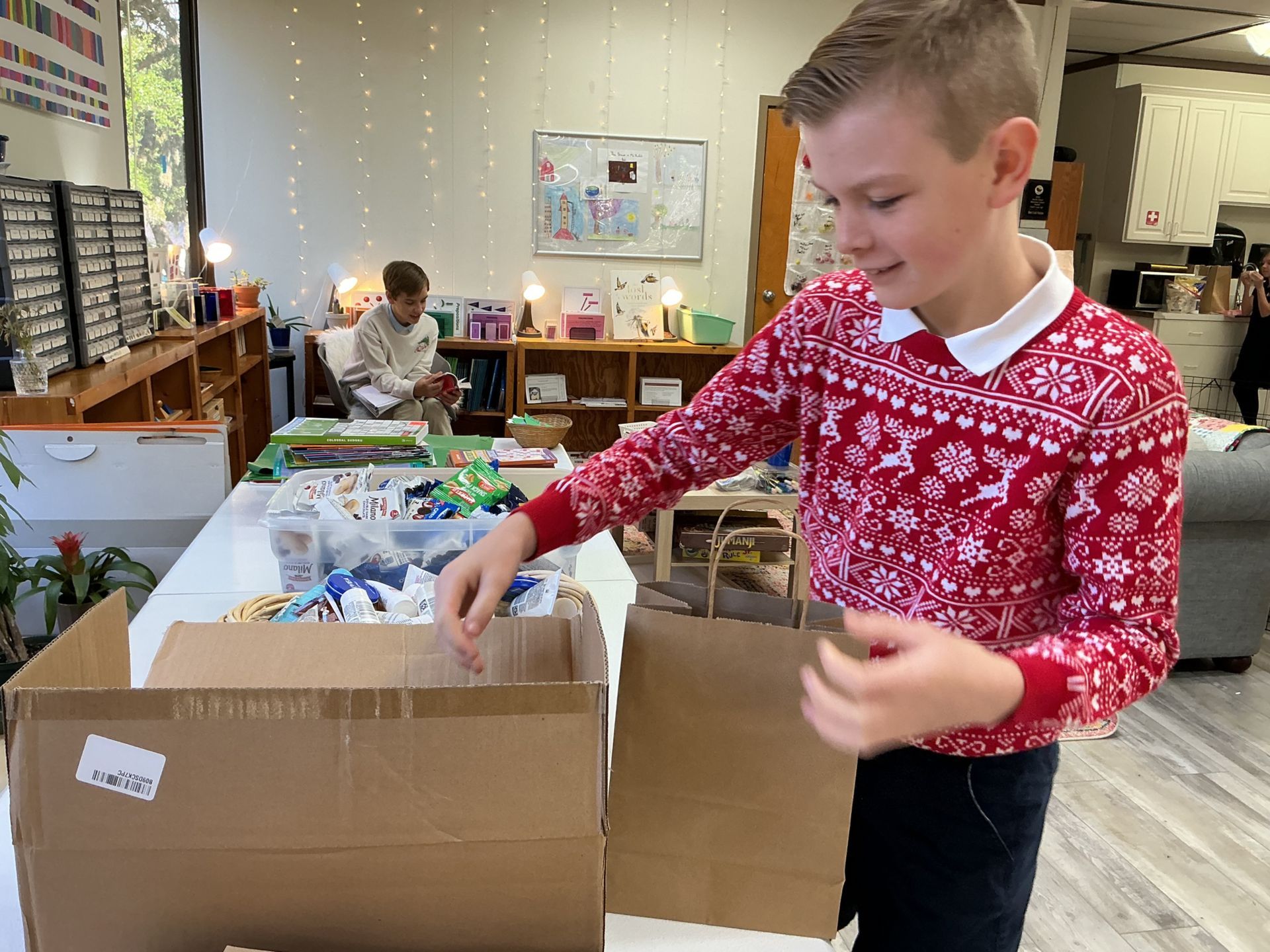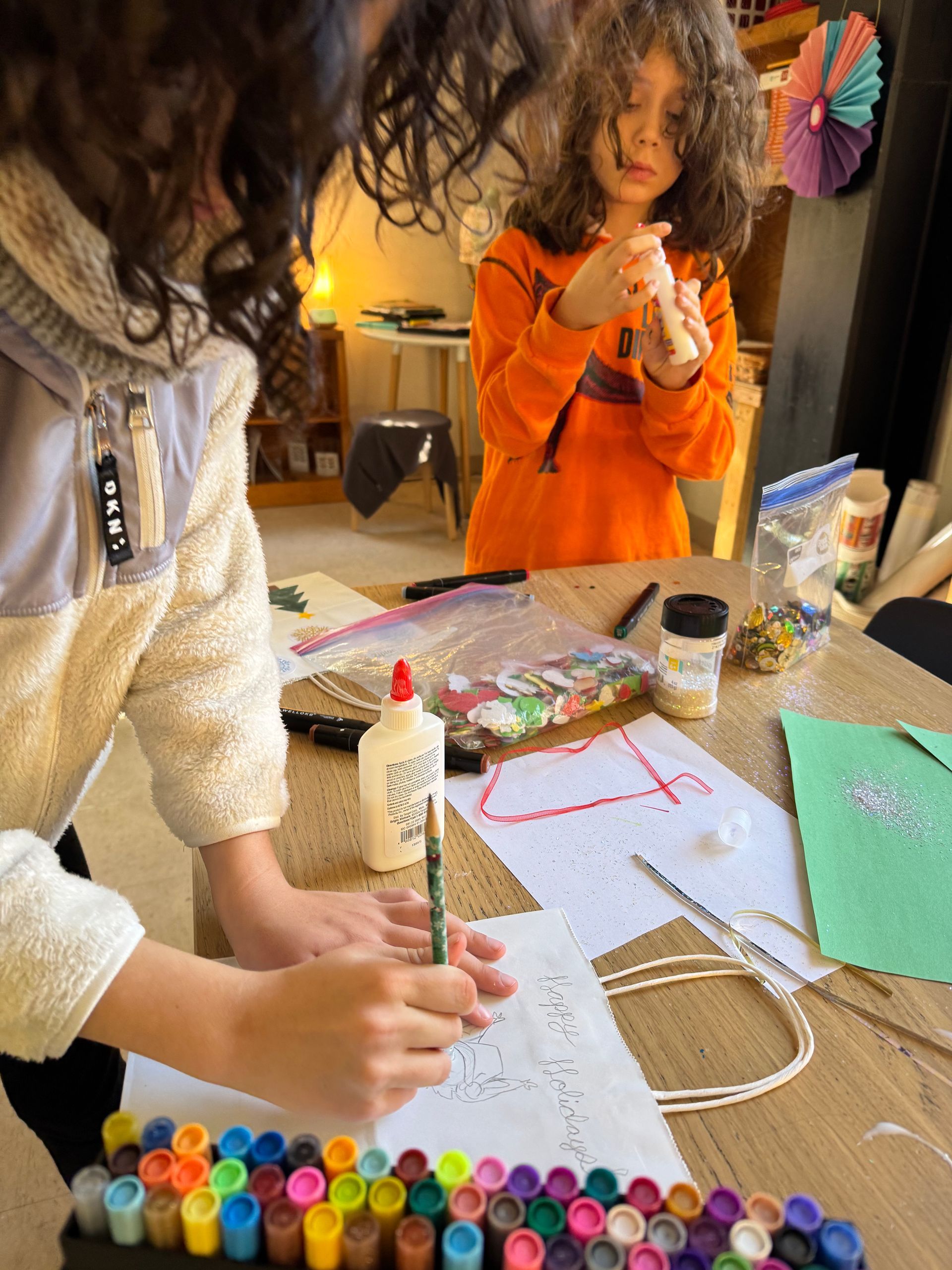
At Amelia Island Montessori School, we are proud to offer an education that fosters independence, creativity, and a love of learning. However, Montessori education is often surrounded by myths and misunderstandings. Let’s clear up some of the most common myths:
Myth 1: Montessori is too relaxed and lacks structure.
One of the most common misconceptions is that Montessori classrooms are unstructured or chaotic. Montessori education provides a highly structured environment where children have the freedom to choose their activities within a carefully prepared space which is guided by clear expectations for behavior and learning. The structure comes from the environment and the teacher’s role as a guide.
Myth 2: Montessori is only for younger children.
While Montessori is widely known for its early childhood programs, Montessori is a full-spectrum approach that spans from infancy to adolescence. It adapts to the developmental needs of each age group, supporting intellectual, social, and emotional
growth at every stage, including elementary and secondary education.
Myth 3: Montessori does not focus on academics.
Another myth is that Montessori education does not prioritize academics or prepare children for the "real world." In fact, Montessori schools emphasize academic excellence, but they do so in a way that’s meaningful, inspiring, and engaging for the
child. The Montessori curriculum doesn’t always follow the traditional sequence, allowing students to explore subjects more deeply and gain a firmer understanding. Montessori education emphasizes going deep into subjects, rather than offering shallow
overviews, allowing students to gain a more thorough and lasting understanding of what they are learning. This deeper exploration makes it easier for students to grasp more advanced concepts as they progress. Through hands-on materials and individualized learning, Montessori students develop a strong foundation in math, language, science, and more, preparing them for the future.
Myth 4: Montessori children are not prepared for traditional schools.
Many people believe that Montessori students struggle to transition to traditional schools, but research shows the opposite is true most of the time. Studies have shown that Montessori graduates adapt well to various educational environments. The Montessori approach fosters independence, critical thinking, and strong social skills, which help students thrive in any classroom. In fact, Montessori students who stay in a Montessori setting through the elementary years often demonstrate exceptional problem-solving abilities and leadership qualities, setting them apart from their peers once they transition to a traditional setting. Many Montessori graduates also attribute their career success to these skills, as their intrinsic motivation, leadership abilities, and problem-solving mindset continue to serve them well throughout their professional lives.
By continuing in the Montessori program, your child can develop these vital skills for long-term success in all settings.
Myth 5: Montessori education is only for highly independent children.
It is often assumed that Montessori works best for naturally independent or self- motivated children. However, Montessori is designed to nurture these skills in all children, regardless of where they start. The Montessori guide creates a supportive environment that encourages children to take responsibility for their learning at their own pace, building confidence and autonomy over time. In fact, many children who initially need more guidance develop the independence they need through the Montessori approach. At Amelia Island Montessori, we focus on meeting each child where they are, helping them grow into confident, capable individuals—whether they start more reliant on guidance or already show strong independence.
By Ms. Savannah, Primary Educator


